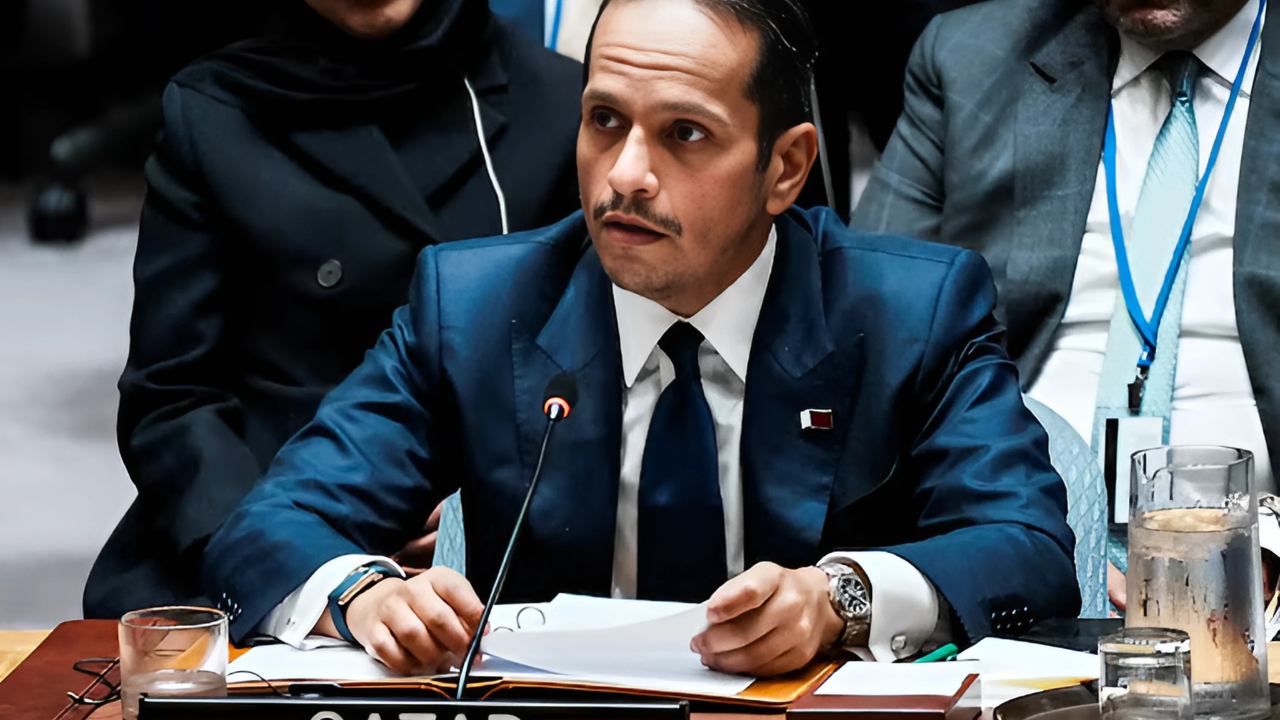
Post by : Shivani
President Donald Trump is set to meet with Qatar’s Prime Minister Sheikh Mohammed bin Abdulrahman al-Thani in New York on September 12, 2025, marking a crucial moment in the wake of recent turmoil in the Middle East. Just days earlier, an Israeli military strike targeted Hamas leaders in Doha, Qatar, stirring regional tensions and casting uncertainty over ongoing U.S.-brokered peace efforts in Gaza. This high-profile meeting underscores the complex interplay of diplomacy, security, and regional alliances shaping the future of the Israeli-Palestinian conflict.
On September 9, Israeli forces conducted a precision airstrike targeting a residential compound in Doha widely known to house Hamas political figures and their families. The operation aimed to eliminate key Hamas leadership facilitating negotiations with the U.S. and Qatar regarding a ceasefire in Gaza—where conflict has persisted for nearly two years. The attack resulted in the deaths of six individuals, including a Qatari security officer, and triggered widespread condemnation from Gulf states and the international community.
Israel’s decision to strike Hamas officials on Qatari soil was controversial, seen by many as a provocative move that threatens to derail delicate mediation efforts. Qatar, a critical U.S. ally in the Gulf, has long played a mediating role between Hamas and Israel, hosting negotiations and advocating for peace agreements, hostage releases, and post-conflict reconstruction plans.
President Trump expressed clear dissatisfaction with Israel’s unilateral strike, calling it a disruptive act that did not advance the goals of either the U.S. or Israel. Although Trump stated that “eliminating Hamas is a worthy goal,” he criticized the timing and manner of the attack, emphasizing the potential damage to important diplomatic channels.
The forthcoming meeting with Qatar’s Prime Minister comes at a pivotal juncture. It aims to reaffirm the U.S. commitment to regional allies and the peace process, address Qatar’s concerns about sovereignty violations, and explore ways to revive ceasefire talks amid escalating violence. Details on the agenda remain guarded, but the bilateral dialogue is expected to cover:
The impact of the recent Israeli strike on U.S.-Qatar relations
Continued mediation efforts for a Gaza ceasefire
Strategies to maintain regional stability amid rising tensions
Gulf nations expressed outrage at the Israeli airstrike, viewing it as a breach of international law and a direct threat to regional security. Neighboring countries, including Saudi Arabia and the UAE, have condemned the attack and called for a united Arab and international response to contain escalating violence.
Qatar’s Prime Minister condemned the operation as “state terror” and called out Israeli Prime Minister Benjamin Netanyahu for jeopardizing peace efforts. Netanyahu’s warnings of further strikes if Qatar continues harboring Hamas officials have intensified diplomatic strains, fueling uncertainty over Gulf cooperation frameworks and U.S. influence in the region.
The strike and subsequent fallout expose growing challenges to the U.S. role as a mediator in the Israeli-Palestinian conflict. While Qatar remains a key interlocutor, the attack illustrates how military actions can undermine diplomatic initiatives.
Experts highlight that the incident has cast doubt on Washington’s ability to effectively coordinate peace talks and manage its complex alliances with Israel and Gulf states simultaneously. Trump’s meeting with Qatar’s Prime Minister comes amidst growing skepticism over sustained ceasefire negotiations and the feasibility of long-term conflict resolution in Gaza.
The meeting between President Trump and Qatar’s Prime Minister symbolizes a critical effort to salvage diplomatic progress following a wave of destabilizing events. As Israel’s aggressive tactics draw international criticism and Gulf states voice alarm, the United States faces a balancing act between supporting an ally and preserving vital peace mediation roles.
How these talks unfold will influence not only immediate ceasefire prospects but also broader strategic relations across the Middle East, including U.S. engagement with regional partners. The world watches closely as diplomacy attempts to navigate through tensions sparked by the Israeli strike in Doha—a move that has far-reaching implications for peace and stability in one of history’s most enduring conflicts.
#trending #latest #MiddleEast #Qatar #Gaza #Israel #Palestine #Diplomacy #PeaceTalks #USPolitics #Trump #ArabWorld #MiddleEastNews #ConflictResolution
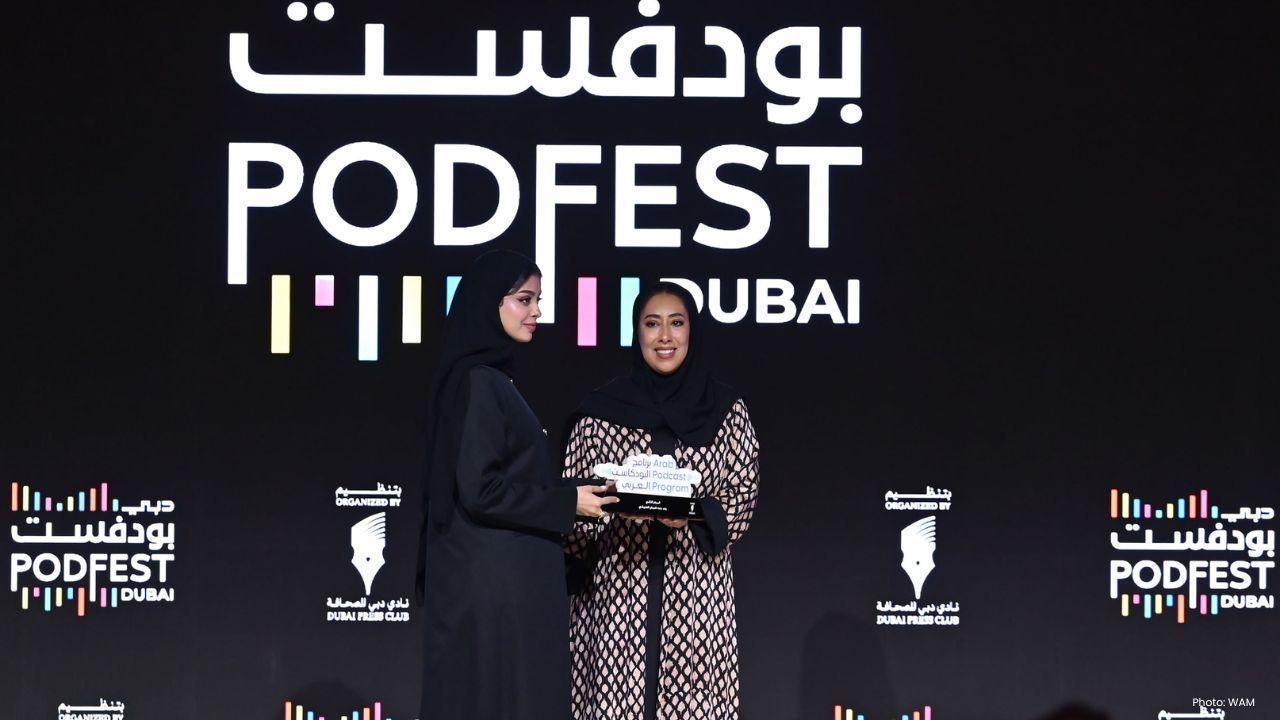

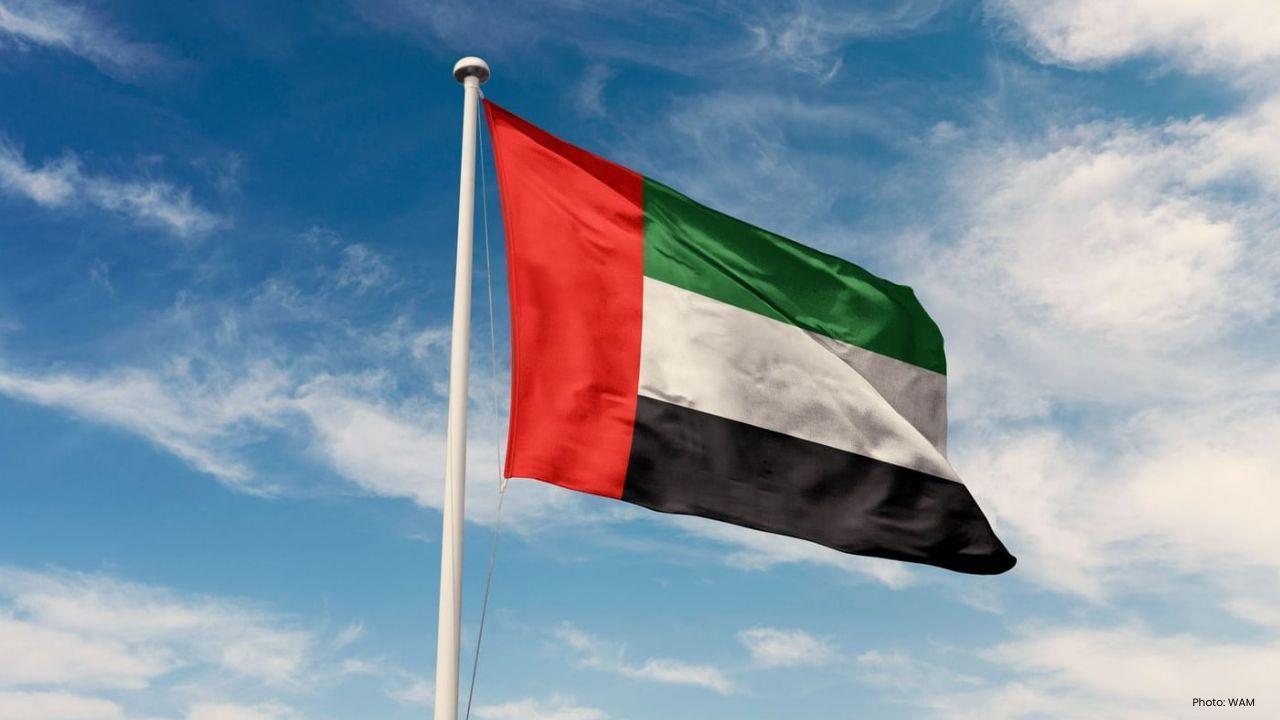
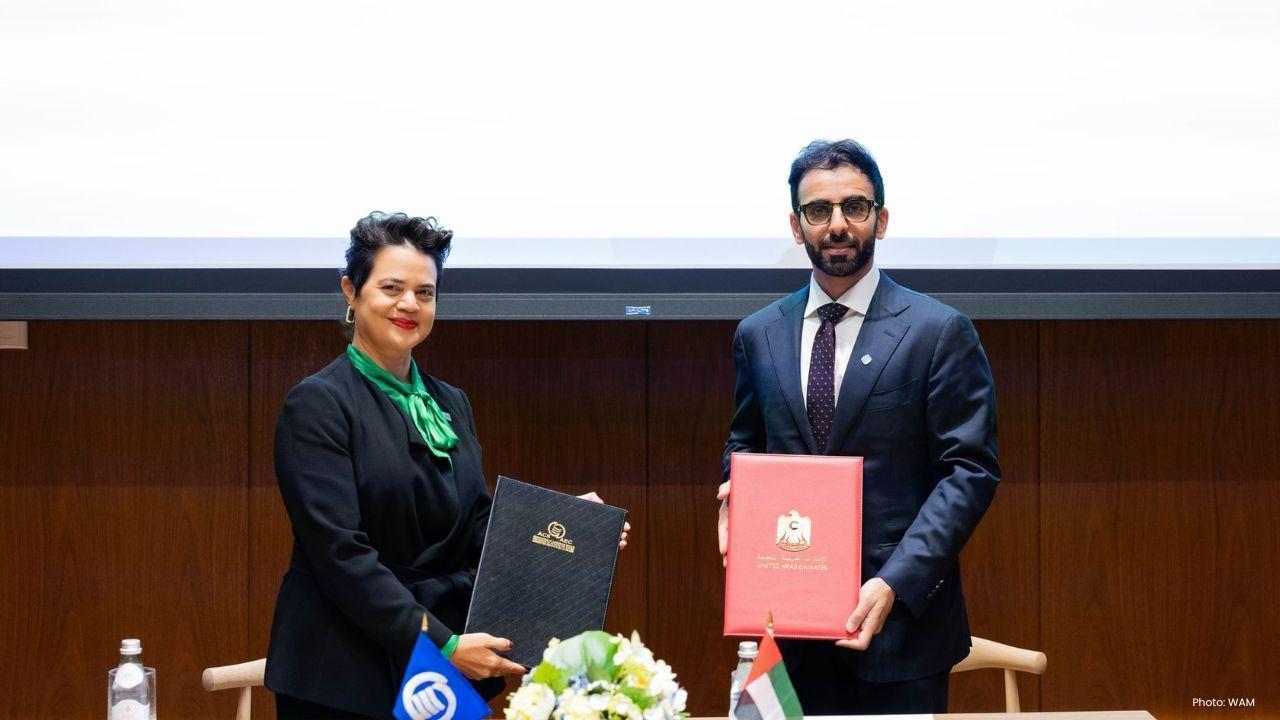


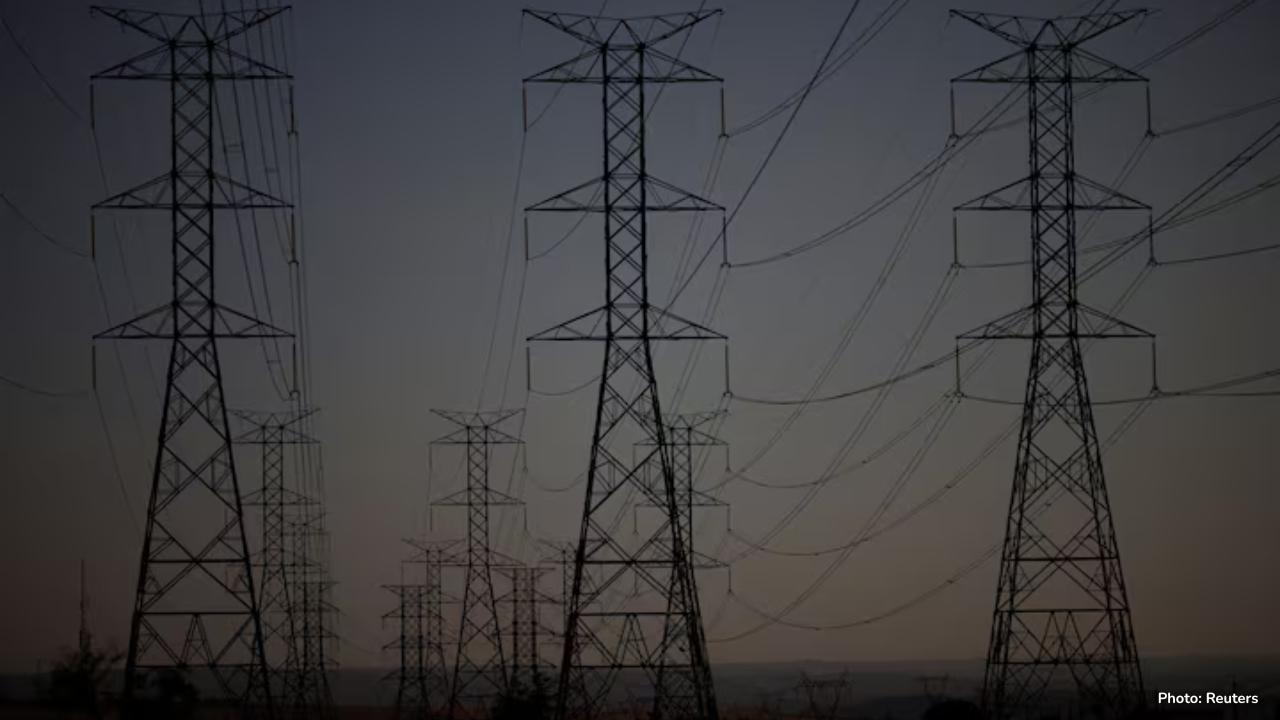

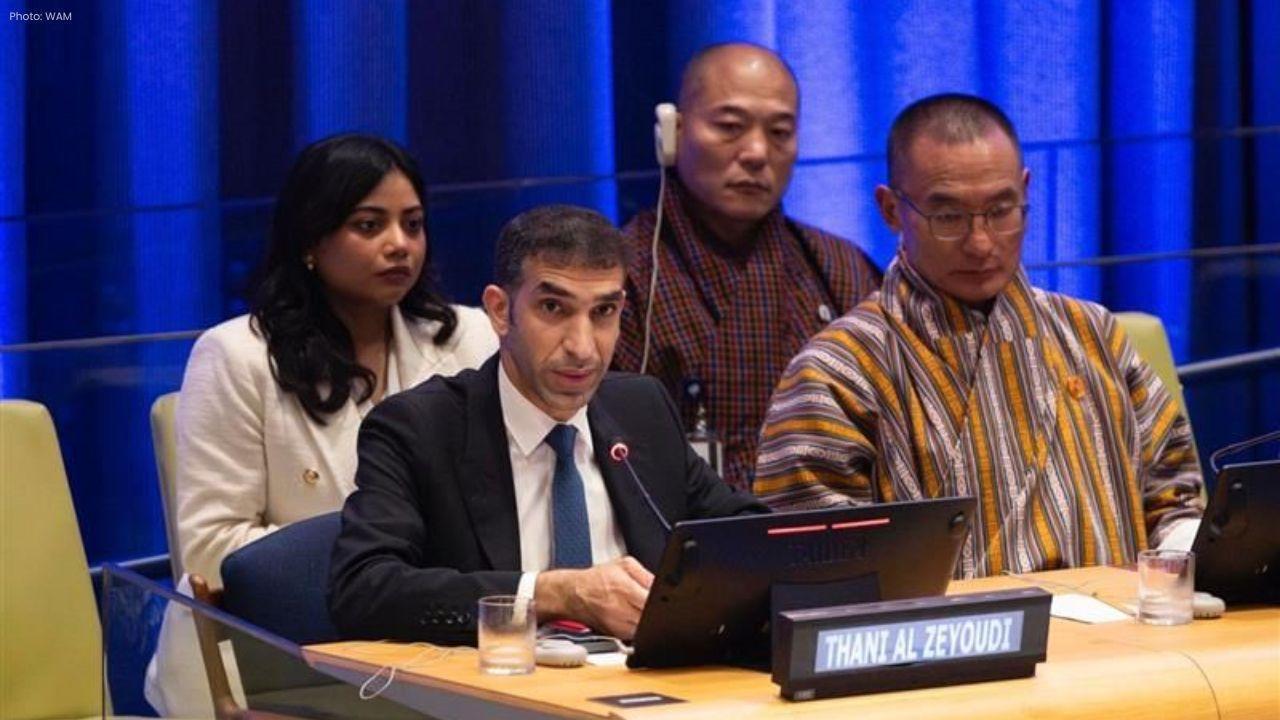

OpenAI's Revenue Soars to $4.3 Billion in First Half of 2025
OpenAI's revenue reaches $4.3 billion in the first half of 2025, marking a 16% increase from the pre

UAE Leaders Send Condolences to Saudi King Over Princess Abta's Death
UAE rulers and crown princes sent heartfelt messages to King Salman, mourning the passing of Princes

Brazil's Surplus Clean Energy Attracts Crypto Miners
Brazil's excess renewable energy is luring cryptocurrency miners. Companies like Tether and Renova E

Visa Tests Stablecoins to Make Global Payments Faster
Visa is testing stablecoins for international payments, aiming to speed up transactions and reduce t

Opera Unveils Neon AI Browser for Smarter Web Browsing
Opera introduces Neon, an AI-powered browser that automates tasks and enhances privacy, aiming to re

Albanese Visits Sheikh Zayed Grand Mosque in Abu Dhabi
Australian PM Albanese tours Sheikh Zayed Grand Mosque, highlighting peace, tolerance, and cultural